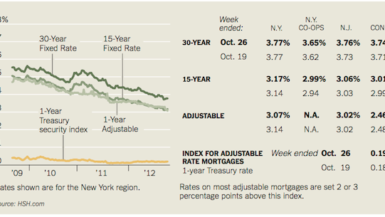Introduction
As summer temperatures rise, staying cool and comfortable in an apartment becomes essential. Central air conditioning offers a convenient and efficient solution to beat the heat and maintain a pleasant living environment. In this article, we will explore the benefits of central air conditioning for apartments, its installation process, maintenance tips, and cost-effective measures to stay cool during scorching summers.
1. Understanding Central Air Conditioning
Central air conditioning is a comprehensive cooling system that cools an entire apartment by distributing conditioned air through a network of ducts and vents. It consists of two main components: the indoor unit, which includes the evaporator coil and blower, and the outdoor unit, housing the compressor and condenser coil.
2. Advantages of Central Air Conditioning
H2: Comfort and Even Cooling
Central air conditioning ensures consistent cooling throughout the apartment, maintaining an even temperature and eliminating hot spots. This allows for a comfortable living space, irrespective of the apartment’s layout or floor plan.
H2: Noise Reduction
Unlike window air conditioners or portable units, central air conditioning operates quietly, creating a peaceful and serene environment indoors.
H2: Improved Air Quality
Central air systems come equipped with filters that effectively remove dust, allergens, and pollutants from the air, promoting better indoor air quality and a healthier living environment.
H2: Aesthetics and Space Saving
Since central air conditioning is installed discreetly, it doesn’t obstruct the view or take up valuable window or floor space, enhancing the overall aesthetics of the apartment.
3. Installation Process
H2: Professional Assessment
Before installing central air conditioning, a professional HVAC technician assesses the apartment’s layout, size, and insulation to determine the most suitable system.
H2: Ductwork Installation
If the apartment lacks existing ductwork, the technician will install ducts and vents, ensuring proper air circulation throughout the space.
H2: Indoor and Outdoor Unit Installation
The indoor unit is installed in a central location, while the outdoor unit is placed outside, usually on the roof or a designated space.
4. Maintenance Tips for Optimal Performance
H2: Regular Filter Cleaning and Replacement
Cleaning or replacing air filters every 1-3 months ensures efficient airflow and prevents dust buildup in the system.
H2: Annual Professional Maintenance
Schedule an annual maintenance check by a qualified technician to inspect and tune up the system for optimal performance and energy efficiency.
H2: Check for Leaks
Regularly inspect ducts and connections for any leaks, as they can compromise the system’s efficiency and lead to increased energy consumption.
5. Cost-Effective Cooling Measures
H2: Smart Thermostat Integration
Integrating a smart thermostat with the central air conditioning system allows for better control and scheduling, optimizing energy usage and reducing costs.
H2: Zone Cooling
For larger apartments, implementing zone cooling by using dampers in the ductwork helps cool specific areas as needed, reducing overall energy consumption.
H2: Energy-Efficient Settings
Setting the thermostat at a reasonable temperature and using energy-saving features can significantly cut down on energy bills without compromising comfort.
Conclusion
Central air conditioning offers a remarkable solution to beat the heat and create a cool and comfortable living space in apartments. Its efficient and even cooling, noise reduction, and improved air quality make it an attractive choice for residents seeking respite from scorching summers. Proper installation, regular maintenance, and cost-effective cooling measures ensure optimal performance and energy efficiency, providing a delightful living experience all year round.





Leave a reply